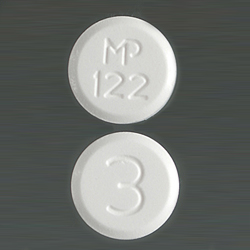Codeine
Uses
Codeine is a narcotic pain-reliever and cough suppressant similar to morphine and hydrocodone.
Formulation – Codeine is formulated using codeine sulfate, colloidal silicon dioxide, microcrystalline cellulose, pregelatinized starch, and stearic acid.
Codeine is a drug that belongs to the Antitussives Narcotic analgesics drug class, and it has been found useful in additional to its main prescribed use to treat Coughs and Pain. If any side effects are caused by this drug a range of alternative drugs, listed further down this guide, may be prescribed.
Side Effects / Precautions
The side effects that can be experienced when taking Codeine include drowsiness, light-headedness, dizziness, sedation, shortness of breath, nausea, vomiting, stomach pain, sweating, constipation, itching, or rash.
Codeine does have side effects as mentioned above, and if you experience any of the above side effects, you should consult a doctor or medical professional immediately. As a precaution you should also have a discussion with your doctor to see if this drug is suitable for you if you have any pre-existing medical conditions.
Alternatives
Benadryl – One of the many different alternative drugs that you may be prescribed is this one, and it is a drug that has been found to be a good alternative should you be suffering from a cough. There are several other alternatives you could be prescribed by your doctor for that condition and they are benzonatate, Dilaudid, diphenhydramine, Mucinex, guaifenesin, hydromorphone, Lortab, Tylenol with Codeine #3, dextromethorphan, acetaminophen / hydrocodone, Tessalon Perles.
Tramadol – If you are suffering any of the side effects that are listed above and you are suffering from pain then you may be prescribed this drug. However, there are several others which have been found to be suitable alternatives and they include acetaminophen, oxycodone, naproxen, Tylenol, aspirin, ibuprofen, amitriptyline, hydrocodone, Percocet, clonidine.


